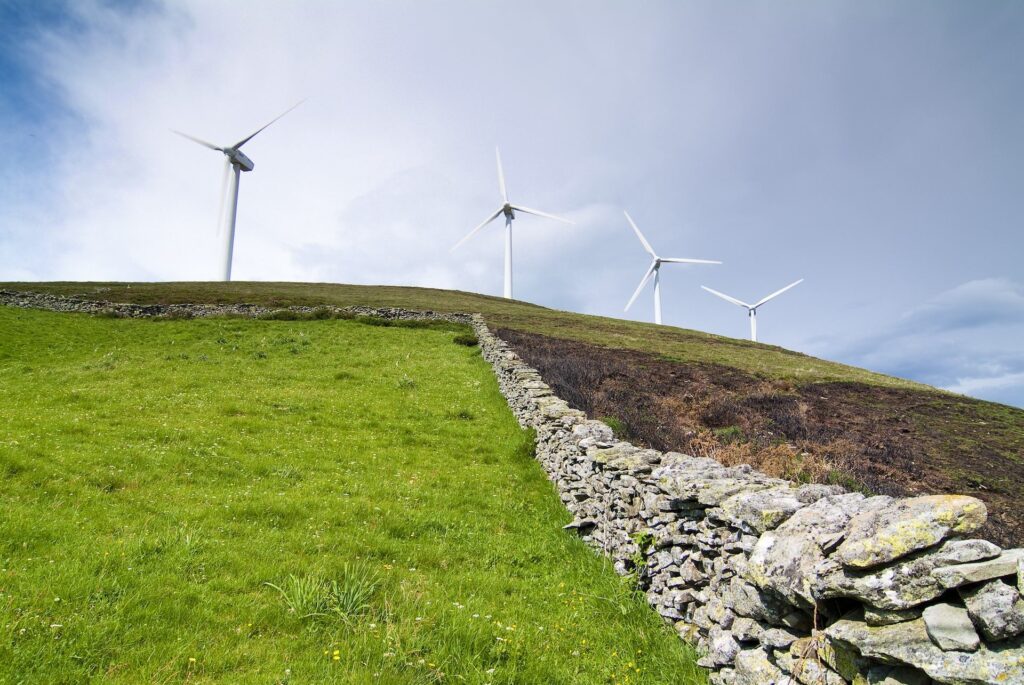Green Search Engine Ecosia Launches Eco-Friendly Web Browser
Generating clean energy while sitting at your desk seems impossible. However, green search engine Ecosia has made this concept a reality.
Ecosia’s Green Commitment
Launched in 2009, Ecosia operates as a not-for-profit search engine. Despite its traditional business model, Ecosia pledged to use 100% of its net profits to plant trees. It has since planted over 200 million trees.
Web Browsing for Clean Energy
Ecosia has announced a web browser that generates clean energy. According to the company, using the browser produces 25Wh of renewable energy daily. The energy produced is enough to power a lightbulb for 3 hours, as shared in their blog.
Benefits for Users and the Planet
The browser is not just eco-friendly; it’s also efficient. Ecosia, a Certified B Corp, claims that its new browser operates three times faster than most mainstream browsers, thanks to an energy-saving adblocker.
In a statement, founder Christian Kroll said that the company aims to give users an opportunity to align their digital choices with their values.
Internet Usage and Environmental Impact
Internet usage contributes approximately 1.1 billion tons of greenhouse gas pollution each year. The energy sector is responsible for nearly 75% of harmful air pollution each year, as stated by the International Energy Agency.
On the other hand, clean energy sources such as solar and wind reduce pollution. They’re also cheaper and more accessible, promoting better health for humans and the planet.
Supporting eco-friendly initiatives like Ecosia’s is crucial for the future. Kroll states that Ecosia will continue to plant trees, invest in clean energy, and support green initiatives.
Download Ecosia’s new browser for Windows, Mac, iOS, and Android here.
Original Story at www.thecooldown.com
